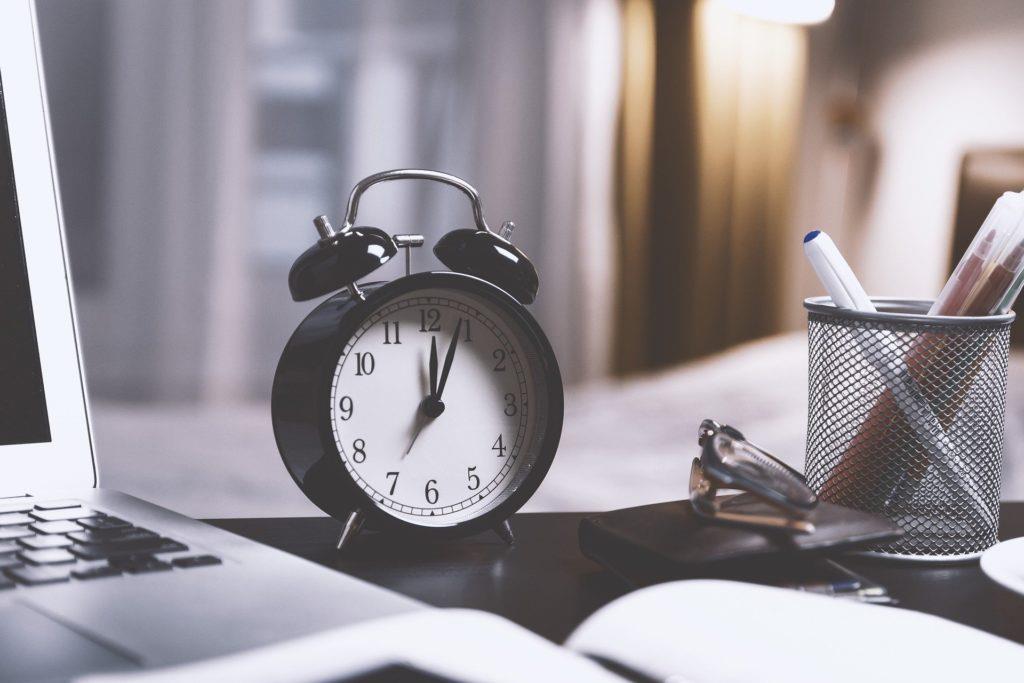One of the most important things to do when studying is to manage your time wisely. There are a few things you can do to help you make the most of your study time.
First, create a study schedule and stick to it. Allotting a set amount of time to study each day will help you stay on track.
Second, take breaks. It’s important to give yourself time to relax and rejuvenate. Studying for long periods of time can be draining and counterproductive.
Third, create a positive study environment. Make sure you have everything you need to be comfortable and focused. This may include things like a quiet space, healthy
By following these time management tips, students can make the most of their study time and get better grades.
By following these time management tips, students can make the most of their study time and get better grades.
First, students should create a study schedule and stick to it. This will help them use their time wisely and not waste time on things that are not important.
Second, students should take breaks while studying. Breaks will help them stay focused and not get overwhelmed.
Third, students should set priorities and focus on the most important tasks first. This will help them get the most important tasks done and not procrastinate on them.
Fourth, students should avoid distractions while studying. This means no phone, no social media, and no music.
Fifth, students should find alternative methods to memorize information. The more they can practice memorization, the faster they can learn large amounts of information.
It takes time to become a successful student, but these time management tips will help students get there.
How to Study More and Cut Down on Procrastination
Plan your day ahead of time — or at least shortly before you sit down to work or go to bed. When you get home from work or arrive at the office, many people immediately check their emails or dive into work they brought home yesterday. but working late into the night is not a good long-term solution for better performance or personal happiness. Instead of catching up at night, plan your
work schedule for the next few hours. Decide what you’ll do first, whether that’s work, exercise, socializing or something else. Then follow up with a reward, such as chatting with friends or eating a favourite dessert. Finally, end your workday with a planned relaxation activity such as massage or hot tub.
Blow off some steam — or other stuff. A few minutes of relaxing relief can make it easier to focus on work without feeling burned out or overwhelmed. At the end of the workday, it can be especially helpful to feel relaxed and ready to tackle tomorrow’s challenges.
Create an action plan — either at the beginning of a work day, workload or semester, or even an entire year. This doesn’t have to be a huge, 200-page document. Just a simple plan — like exercising Monday, Wednesday and Friday mornings, and studying during the evening hours when friends are hanging out. A study plan should include both long-term and day-to-day activities.
Set goals. Some people do best with big, ambitious goals. Others do well with more small, daily goals. No matter which type of goal-setter you are, periodic planning and re-planning is necessary to ensure success.
Tracking progress is crucial to redesigning and rebooting plans when needed. Failure to track progress
over time is a major reason plans fail. If you’re planning a workout program, for example, mark the calendar each time you work out. If you’re planning a study regimen, make a mark on the calendar each time you sit down to study. Over time, you’ll be able to see which days and hours are most effective — and when you should plan different activities.
Set re-planning goals as needed. Regardless of how good a planner you are, plans change. Mine them for gold lessons and then redesign. Don’t be afraid to try something new if your current plan isn’t working.





